Editors’ Picks



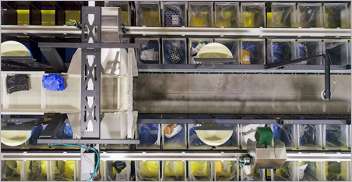
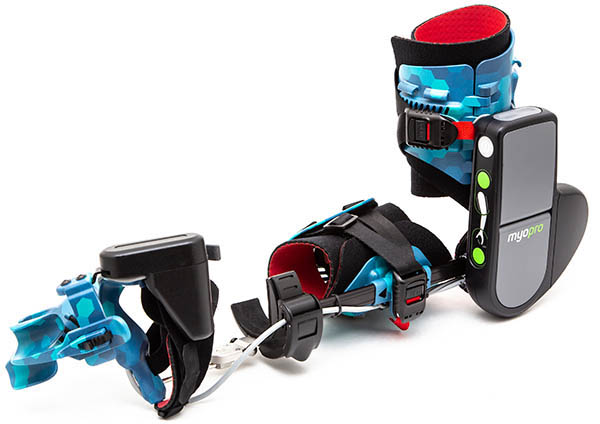
Myomo Inc. is one step closer to manufacturing and selling its robotic rehabilitation devices in China. Earlier this month, the Boston-based company announced that it had received a portion of the technology license fee payment from the joint venture it is establishing with Beijing-based medical device company Beijing Ryzur Exiom Medical Investment Co. Myomo received $1 million of the $2.7 million required. It expects to receive the remainder during the second quarter. “At that point, we will begin transfer of the technology and record the remaining $1.7 million as revenue,” stated David Henry, Myomo’s chief financial officer, in a press…
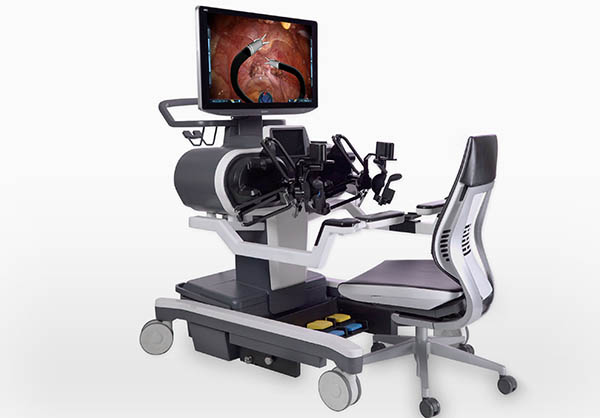
Paul Cataford, Titan Medical Inc.'s interim president and CEO, said he is laser-focused on getting U.S. Food and Drug Administration clearance for Enos, the company’s single-access robotic surgical system. The goal is to offer it for general gynecological procedures by early 2025, he said, with the qualifier that the company still has to go through a lot of regulatory hoops to get there. “It’s a multistep process that takes a long time and a lot of focus,” he said. “That’s what the board and the senior leadership team are really focused on, making sure we stick to that timeline.” An…
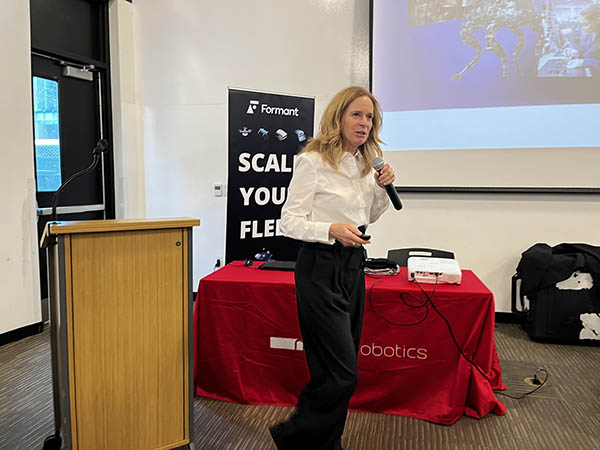
As the director of the Center for Advanced Manufacturing for the Massachusetts Technology Collaborative, Christine Nolan has seen firsthand the work being done throughout the commonwealth to bolster local industries. Created by the state legislature in 1982, the Massachusetts Technology Collaborative is a state public economic development agency that supports industries throughout Massachusetts through grant funding and programming. The collaborative is made up of five parts that focus on specific divisions, including broadband, cybersecurity, digital health, innovation, and manufacturing. Nolan’s agency gives grant funding to companies and universities working on projects aimed at creating jobs and advancing manufacturing. “We care…
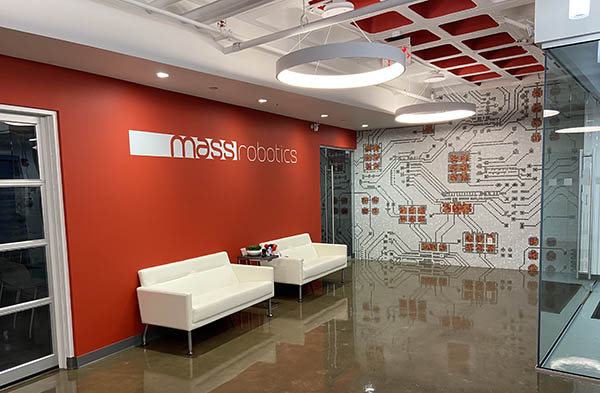
As markets for automation continue to expand around the world, some key robotics clusters have emerged as hubs of innovation. In the U.S., innovation is happening all over the country, but a few hotbed areas include Pittsburgh, Silicon Valley, and Boston. Denmark, Germany, and Sweden are among the most automated countries in the world, according to the International Federation of Robotics (IFR). Japan, South Korea, China, and Singapore are some of the biggest robotics exporters and consumers. The IFR found that Asia has the highest density of robots in the manufacturing industry. Robotics clusters faciliate networking To facilitate innovation and…
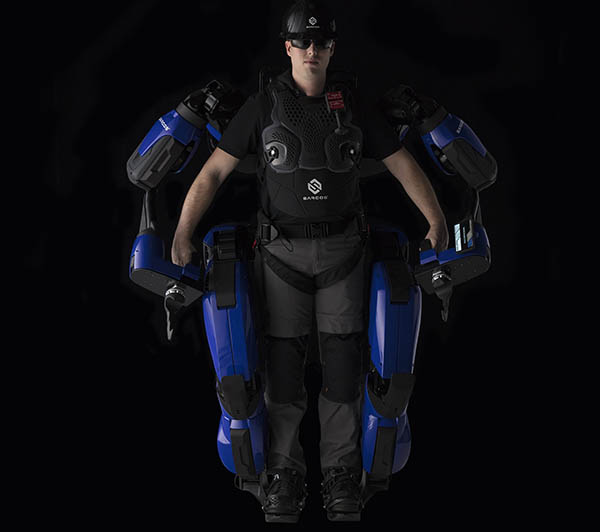
Last week, Sarcos Technology and Robotics Corp. announced it was purchasing RE2 Robotics Inc. for $100 million. Sarcos provides commercial exoskeletons and teleoperated manipulation systems for the utilities, defense, and other industries. The Salt Lake City-based robotics company said it was buying Pittsburgh-based RE2 to expand into new markets. RE2 was formed out of Carnegie Mellon University’s National Robotics Engineering Center in 2001. The company makes robotic arms that are used in the defense, medical, construction, energy, and undersea industries. Purchase nearly doubles Sarcos engineering team By acquiring RE2, Sarcos said it hopes to be able to broaden its customer…
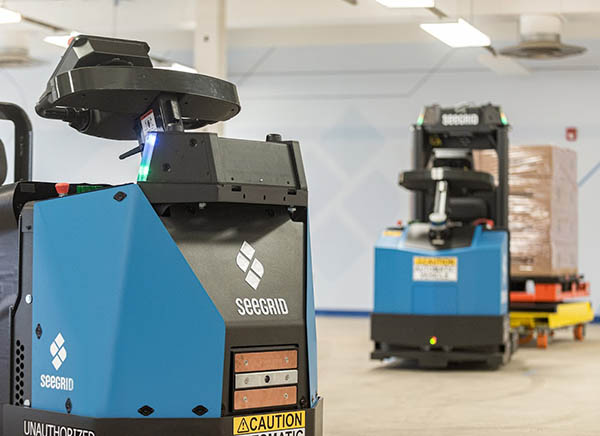
Mobile robot makers are located around the world, from Waltham, Mass., to Beijing. Many makers of autonomous mobile robots (AMRs) are relatively young. Most were started in the past decade, if not the past five years. But even though they are young, they are actively reshaping manufacturing and warehouse operations. Interact Analysis reported that about 100,000 mobile robots were shipped globally last year. That's the highest ever sold. That includes automated guided vehicles (AGVs) as well as AMRs. AMR sales strong in response to pandemic, labor shortage The rising adoption of mobile robots is in part because of the COVID-19…
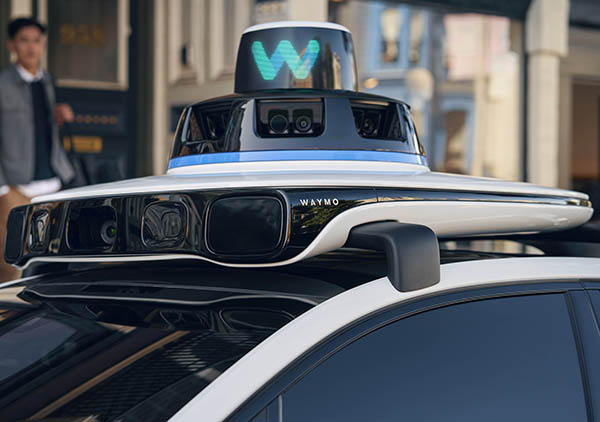
Waymo LLC Co-CEO Tekedra Mawakana announced this week that the autonomous vehicle technology company will soon start offering fully driverless rides in San Francisco with no safety driver on board. The Mountain View, Calif.-based company has been testing its Waymo One Trusted Tester program in the city since August. A selected number of San Francisco residents have been able to request rides in the Waymo Driver—a modified Jaguar I-Pace equipped with the company's fifth-generation self-driving technology. As part of the program, an autonomous specialist is along for each ride. “Product updates like these are the result of careful improvements we’ve…
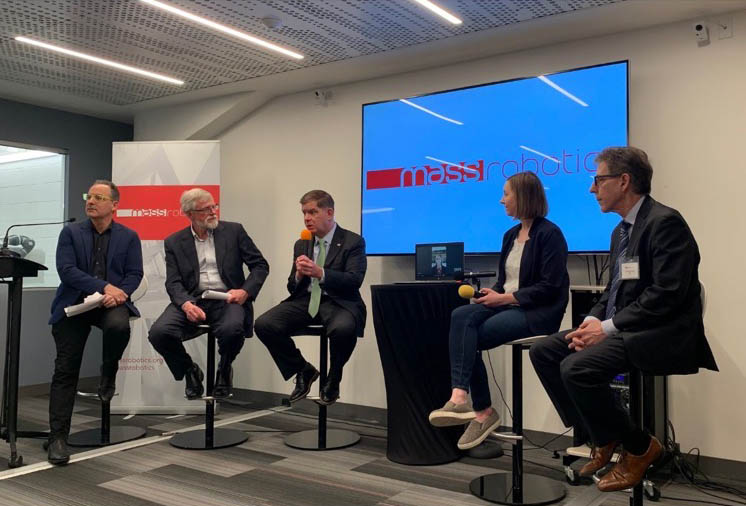
In MassRobotics’ early days, when Executive Director Tom Ryden was going around speaking to industry and government leaders about his plan to build an innovation and networking robotics hub in Boston, one question got brought up constantly. “The No. 1 question I got was, ‘Why do you support this technology? It takes jobs, right?’” he said. That was around 2015. Seven years later, the robotics industry has certainly grown. The global market for industrial robots, which is just one of many types of automation, was valued at $43.8 billion in 2021, according to Statista.com. MassRobotics, an public-private nonprofit dedicated to…
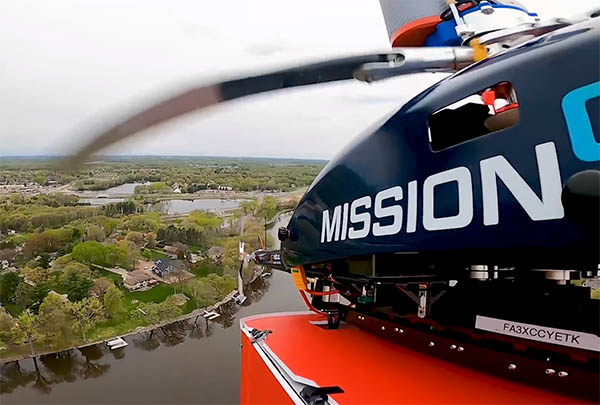
MissionGO Unmanned Systems tapped Chris Corgnati to be its new president in part because of his technical understanding of the company’s products and the red tape required to expand their reach. Baltimore-based MissionGO provides unmanned aircraft systems (UAS) training, infrastructure inspections, and the delivery of medical supplies and human organs. “We are an aviation services company that just happens to specialize in unmanned aircrafts,” Corgnati told Robotics 24/7. Corgnati is a former U.S. Navy captain and has experience in the unmanned aviation business and navigating federal goverment processes. One of his first priorities is to help the company receive Federal…
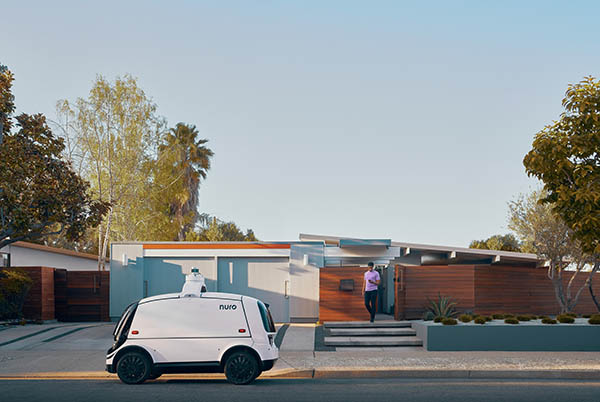
The robot delivery space has exploded in the past few years, in part due to the global pandemic and the rise of mobile ordering. The global market for delivery robots was valued at $300 million in 2021, according to Quince Market Insights. It’s estimated to grow at a compound annual growth rate (CAGR) of 30.3% from now until 2030. Top brass in U.S. Many of the top players are based in the U.S., including Starship, Nuro, and Kiwibot. But there is also plenty of activity overseas. Within one year of launch, Alibaba’s XIaomanlv last-mile delivery robots reportedly completed more than…
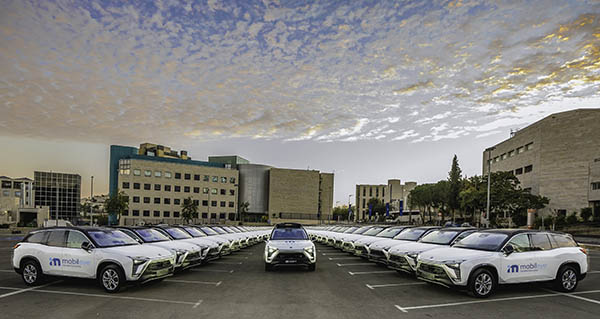
Mobileye, a subsidiary of Intel Corp., this week announced it has filed for an initial public offering, or IPO, with the U.S. Securities and Exchange Commission. Neither Intel nor Mobileye disclosed the number of shares that will be offered or their price range. Intel said it expects the IPO to go live after the SEC review process. Intel bought Mobileye in 2017 for a reported $15.3 billion. Ammon Shashua, a computer science professor at Hebrew University, founded the Jerusalem-based autonomy technology company in 1999, according to the company’s website. Shasuha is still at the company as president and CEO. Mobileye…
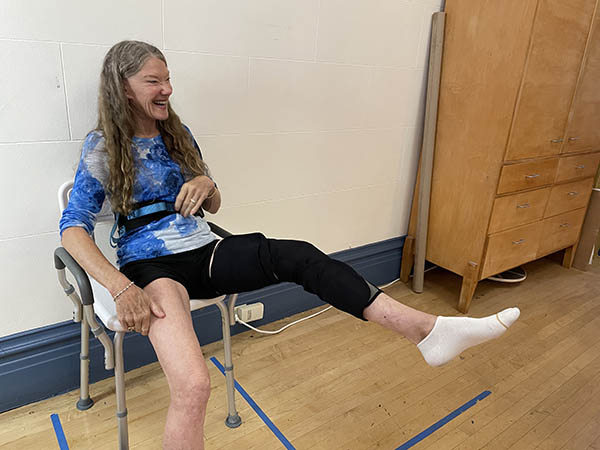
Four years after its founding, healthcare wearable technology company Cionic Inc. today announced that its Neural Sleeve wearable has been cleared as a Class II medical device by the U.S. Food and Drug Administration. The Neural Sleeve is placed around the user’s leg and is used to help people with conditions such as multiple sclerosis, stroke, cerebral palsy, and spinal cord injuries walk. A smart sleeve The San Francisco-based company said the device can “analyze, predict, and augment” a person’s movement using advanced algorithms and sensors. It also uses electrical stimulation to “sequence proper muscle firing for natural movement.” Jeremiah…



